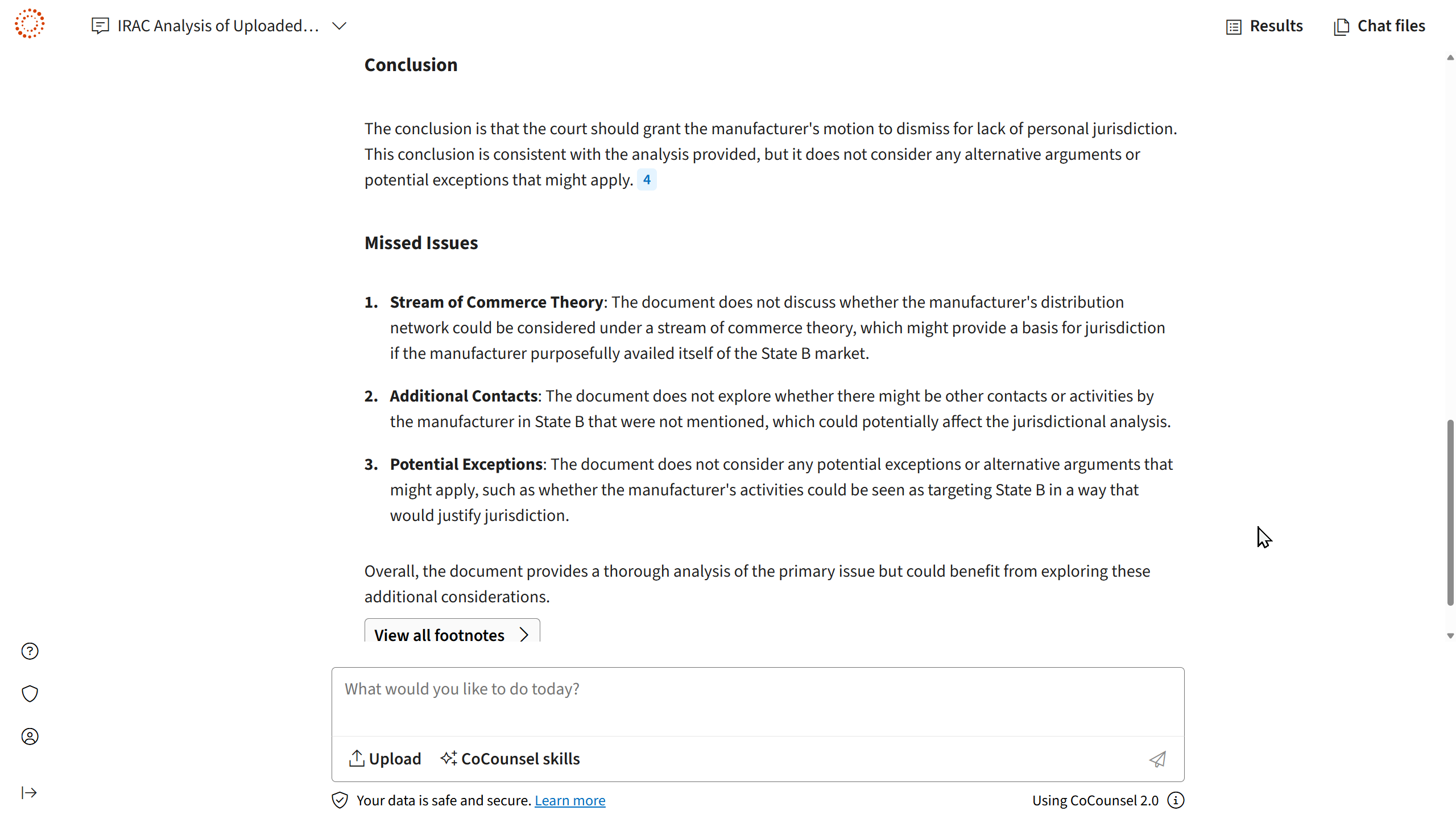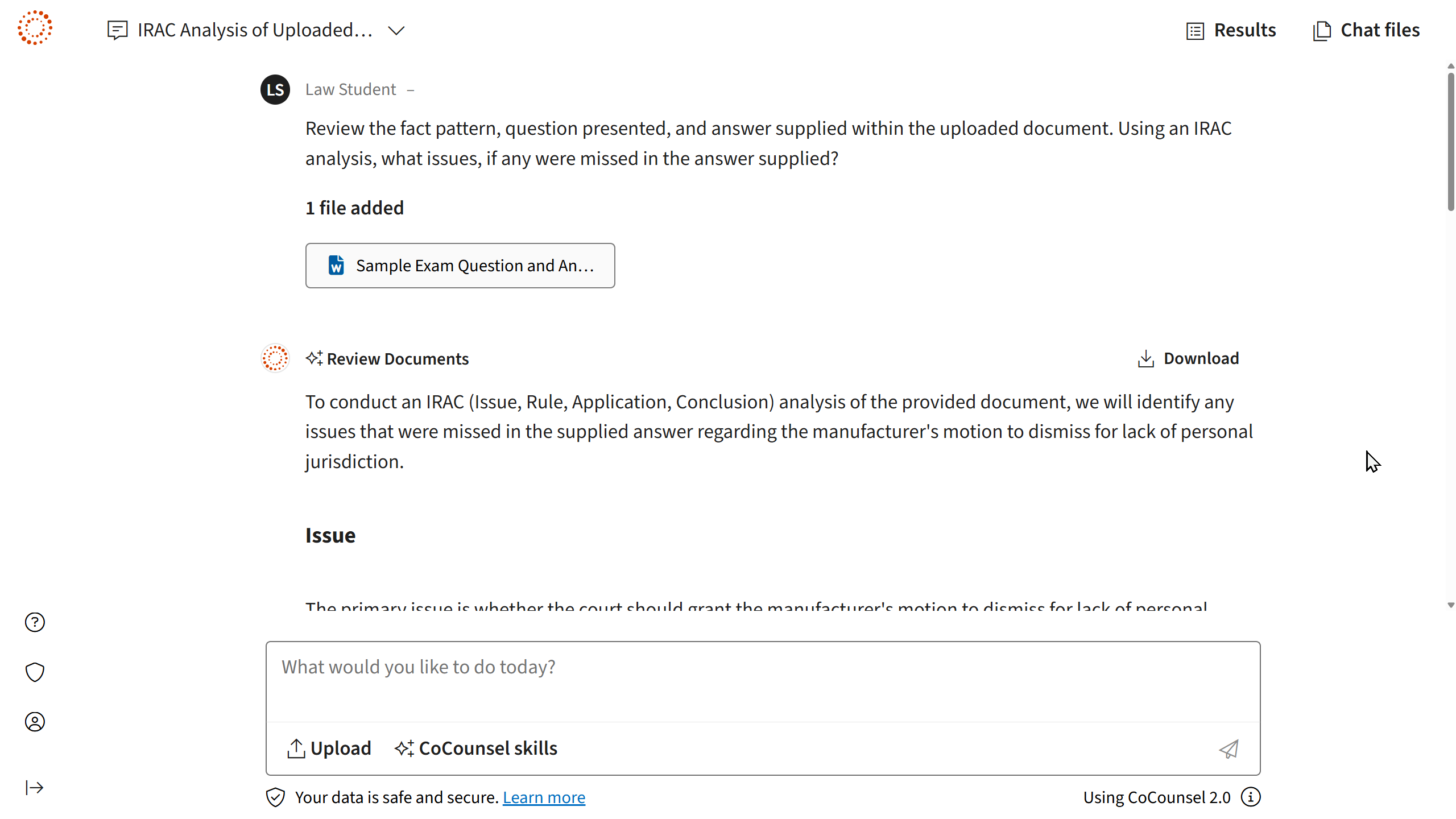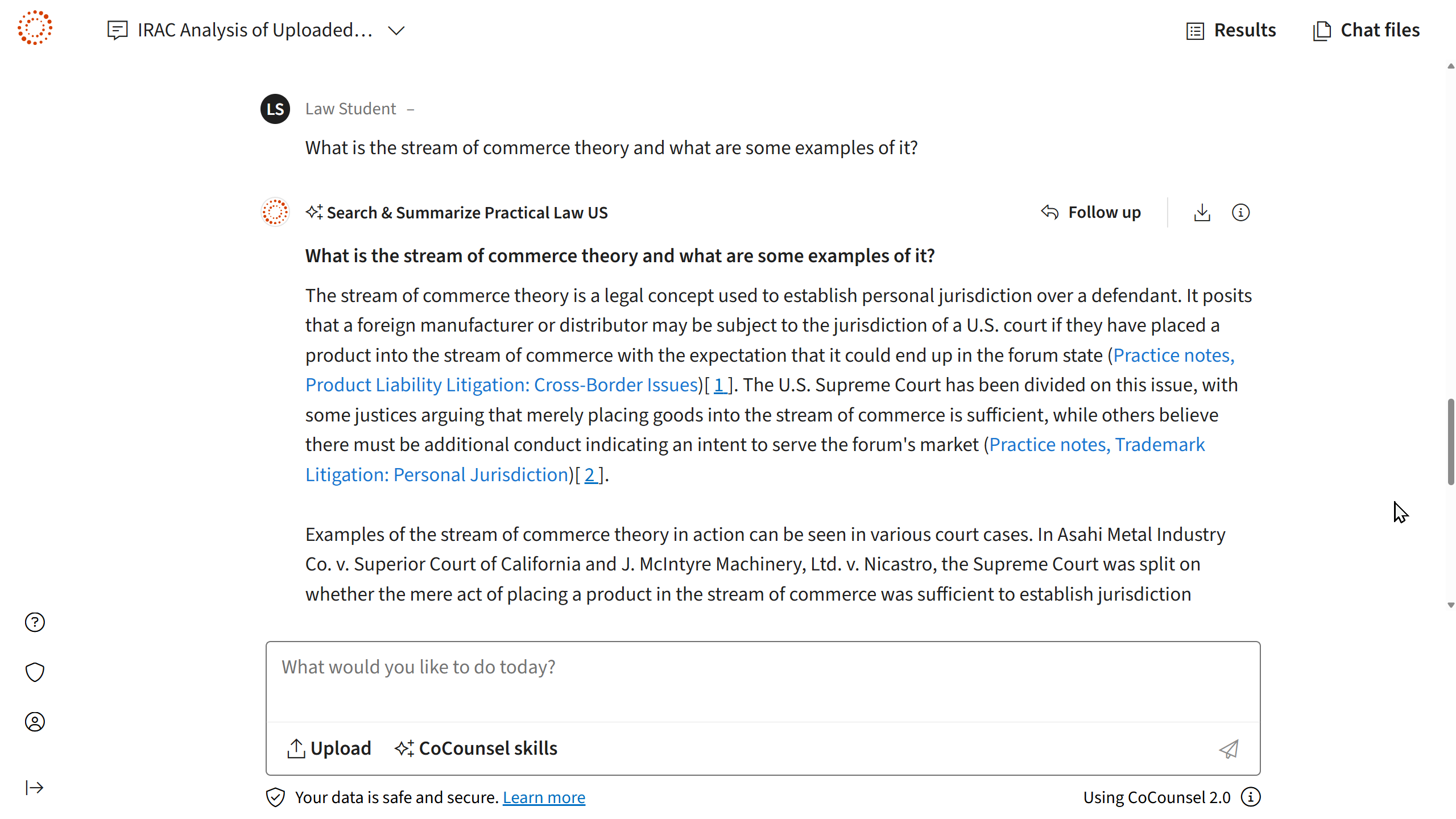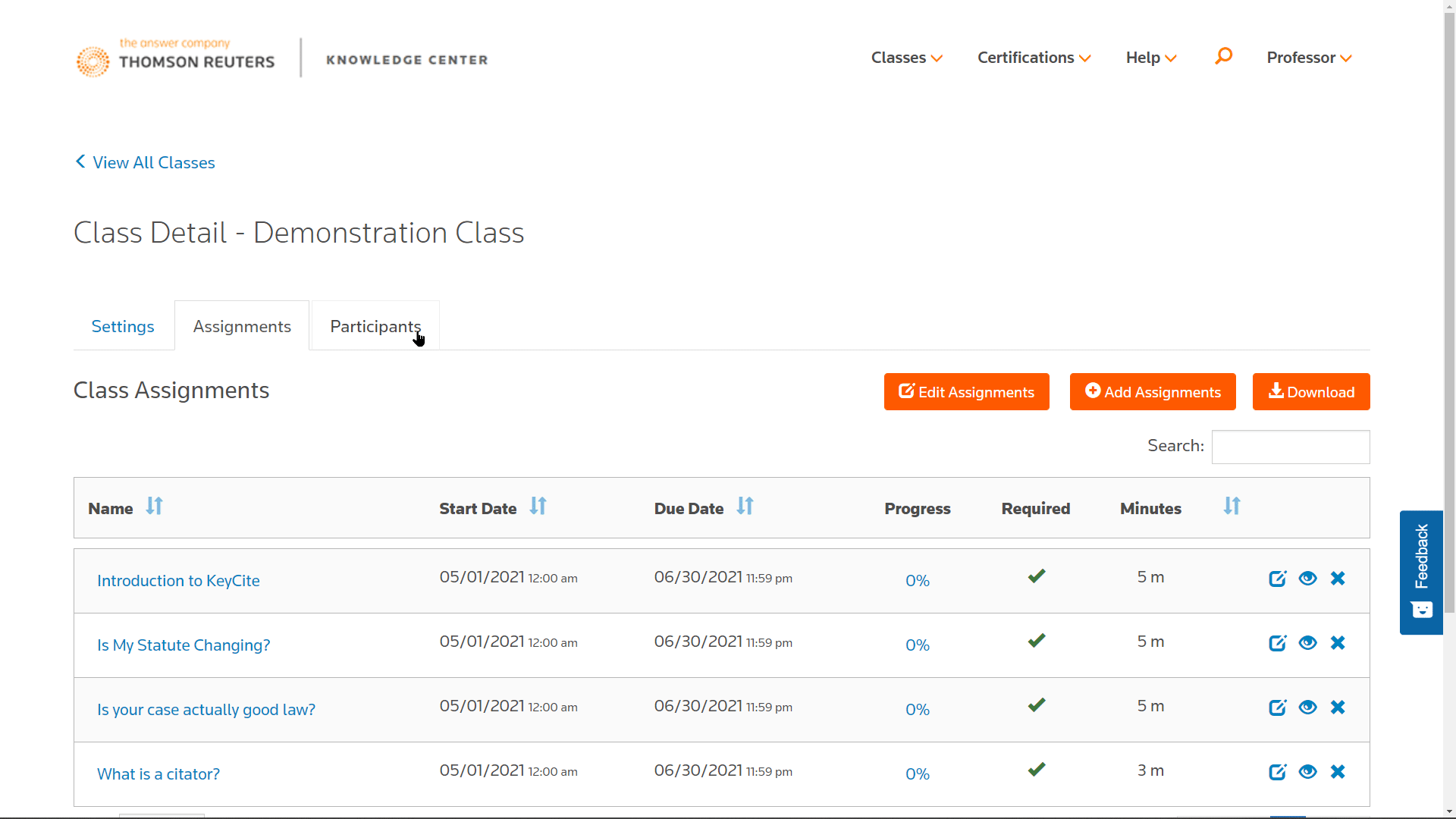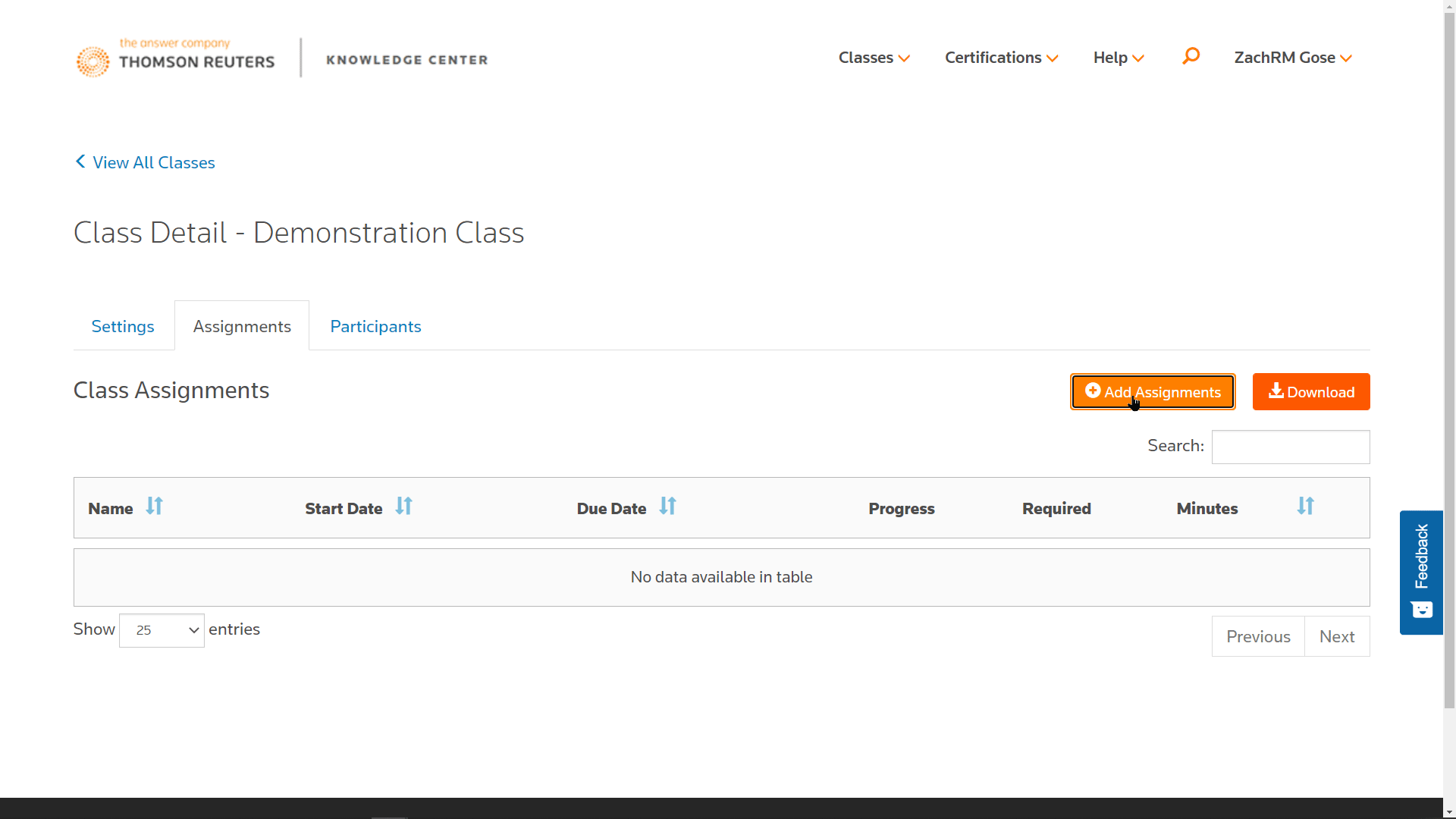LAW SCHOOL SURVIVAL GUIDE
Exams: It's showtime!
The dos & don'ts of preparation
Intro
You might have heard from your peers, professors or friends: Your performance in your first year of law school is crucial. And how well you do on your exams is dependent on your preparation.
While studying for exams can be a stressful time, it’s important to remember that every person’s brain works differently. The tactic that works for your classmate might not work for you. We have some advice for when it comes to preparing for and taking exams.
Managing Anxiety
Surviving Exam Season
Learn strategies to survive the crucible that is exam season, manage your expectations, and keep the unrelenting pressure from breaking your spirit and wrecking your focus.
THE DOS AND DON’TS
DO:
Take practice exams. Lots of them. Exams previously administered by your professor are preferable. This will help you determine how your professor drafts his or her exams.
Whenever possible, select a prior exam for which there is a sample answer on file. If there is no sample answer on file, ask your professor if he/she will review and comment on your answer.
Create your own study tools. Flashcards are a popular tactic for studying in law school. Unlike when you were younger, however, flashcards should have more information on them than just a few sentences. Like your outline, become familiar with how the law is applied to each case and spend a few minutes reviewing each day.
Learn to dissect instructions and ask the right questions. What are you being told to do? Make sure you thoroughly understand all areas of a task before you jump to your response.
DON'T:
Wait until right before finals to ask your professor to review your answer. The earlier you ask, the more likely your professor will have time to review your answer.
Try to argue for a higher grade. Objections and appeals might work in the courtroom, but not on exam rulings.
Overcomplicate your responses to exam questions. Your professors will appreciate a well-thought-out, clear analysis rather than a roundabout response. Remember the IRAC method as you construct your response. While it may not be applicable to every exam question, it provides the right thought process.
Get frustrated and burnt out too quickly. While everyone is graded on a curve, your success is dependent on the work you put into each task. If you find yourself getting anxious by the noise and distractions around you, it's okay to detach yourself from the study group and find a quiet place to work.
Do you know your legal stuff?
Betty offers to sell Tom a parcel of land for $5,000, stating that the offer will remain open for thirty days. Tom replies, "I will pay $4,800 for the parcel," and on Betty's decline, Tom writes, within the thirty-day period, "I accept your offer to sell for $5,000." Was there a contract? And you thought exams weren't until the end of the semester?
Practice Exams
Practice makes perfect.
Time is tight during finals, but exam time shouldn't be the first time you've tried to analyze and apply the law.
Writing a practice exam can help prepare you for that final and CoCounsel can review your sample answers to see where your analysis could improve and what issues you missed.
IRAC Analysis
Upload your fact pattern, call of the question, and response to CoCounsel, then use the following prompt:
Review the fact pattern, question presented, and answer supplied within the uploaded document. Using an IRAC analysis, what issues, if any, were missed in the answer supplied?
Fill In Knowledge Gaps
We all miss an issue, rule or analysis occasionally - use it as an opportunity to improve! Use CoCounsel's research skill with Westlaw AAR or Practical Law Search & Summarize to get a quick understanding with the following prompt:
What is [missed issue] and what are some examples of it?
Create Study Questions
Don't have a sample exam to work from? Upload your class notes to CoCounsel and use the summarize skill to create a summary of your notes on an issue that you would like to practice, then use the following prompt:
Using the response above, create a fact pattern and exam questions that deal with [the summarized issue].
Explore the Guide

